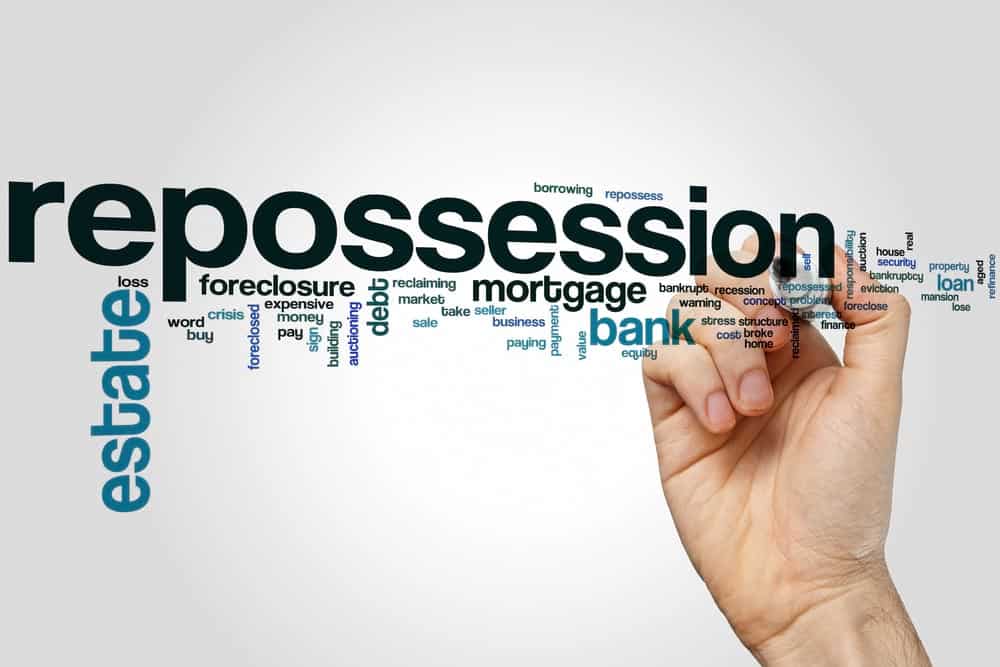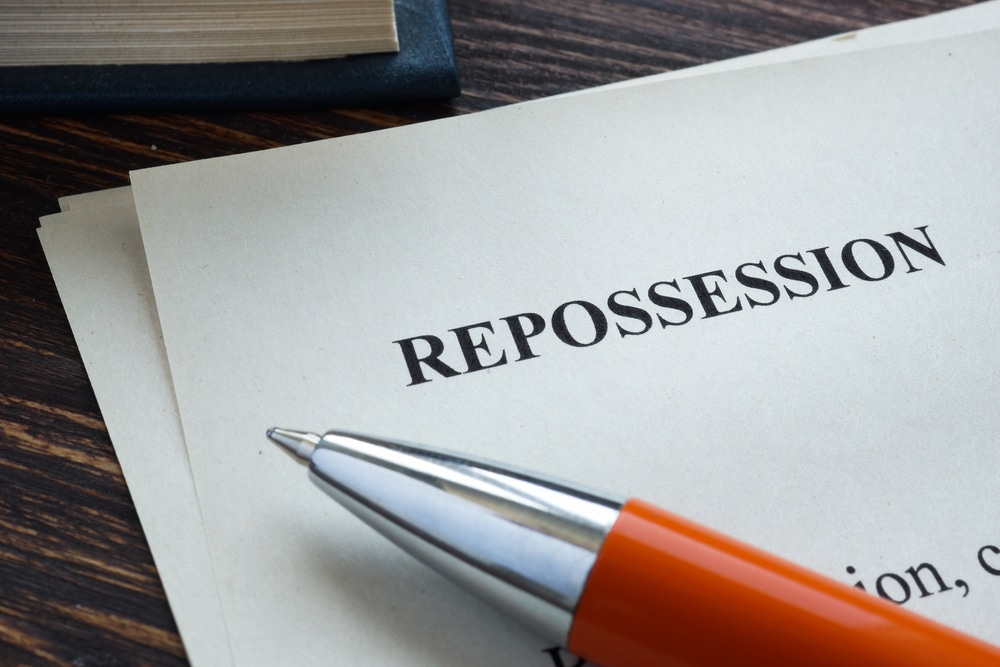An individual voluntary agreement (IVA) and bankruptcy are both ways you can clear some or all of your debt.
Because they are forms of insolvency, they are legally binding.
So, your creditors can no longer chase you for payments.
But there are pros and cons to each which you should consider.
Choosing the right one for you
Bankruptcy is usually a last resort when you have no money to contribute to your debts. It can be completed in a year, after which everything you owe is wiped.
An IVA can last up to six years and involves you making either a lump-sum payment or regular monthly payments at a level you can afford, agreed with your creditors, for five years.
These payments won’t necessarily add up to the amount you owe. And any unpaid debts will be wiped once the period is over.
Similarities between IVA and bankruptcy
Career impact
Both an IVA and bankruptcy can impact your career. If you work in accountancy, finance or law for example, there could be a clause in your contract that means you could lose your job.
So it’s important to check with HR. You’re also likely to be disqualified from positions such as company director if you are bankrupt.
Insolvency register
You’ll be included in the Insolvency Register, which anybody can view. Your name will remain on it until three months after your IVA or bankruptcy is completed, which is likely to be longer for those with an IVA.
Credit file
They are both included on your credit file for six years, making it harder to borrow money or get credit.
Differences in costs
Each agreement will vary depending on your circumstances.
Types of debt
But an IVA usually covers unsecured debts such as credit and store cards and personal loans, whereas bankruptcy can cover all your debts, including any you owe to a mortgage lender.
There are some exceptions. For example, neither will cover magistrates fines, child support or student loans.
Repayment timeframe
With an IVA you will usually pay more back over a longer period, so it can be the more expensive option.
It must also be overseen by a registered insolvency practitioner who may charge up to £5,000 to set the IVA up and then earn a monthly fee for managing it. Working with a debt charity is the cheapest way to organise an IVA.
Other fees
Bankruptcy costs a one off fee of £680. However, if you have assets of value, you will probably be forced to sell them and the proceeds split between your creditors.
Your valuable assets
You will not be asked to sell your home if you have an IVA, as long as you continue to pay the mortgage.
But if you have equity in it – you own some of the property without a mortgage – you’ll be asked to remortgage your home to release those funds to pay the IVA.
If you’re unable to do this you’ll be asked to make a maximum of 12 extra payments on top of the usual five years IVA period.
You will also be able to keep your car as long as you couldn’t reasonably be expected to have a cheaper model.
You won’t be asked to sell personal items such as engagement rings and computers but if you have luxury objects, such as artwork, your creditors may ask you to sell them.
It is unlikely you’ll be able to keep your home if you file for bankruptcy. It will be sold to help repay the money you owe. Equally, you’ll be forced to sell your car and other non-essential items of value such as jewellery.
If you do have some equity in your home, one alternative is to sell it quickly to pay your debts and avoid the downsides of bankruptcy. We are national home buyers specialising in buying homes quickly and cost effectively and can have funds in your account in just seven days.
How to declare bankruptcy
We’ve discussed what an IVA is in detail, but it’s worth taking a closer look at how the bankruptcy process works:
- Start by filling in the bankruptcy application form and paying the £680 fee which you will get back if you cancel before submitting.
- Withdraw cash to cover living costs before submitting because your bank accounts are likely to be frozen.
- Once you have submitted your application you will hear within 28 days if it has been successful.
- If you are declared bankrupt your bank accounts will be frozen immediately and an official receiver will be appointed to sell your assets and distribute funds to your creditors.
- Open a new bank account for earnings to be paid into and bills to be paid out of.
- After a year your bankruptcy should be completed and you will be discharged from it, which means you are no longer in debt.
Weighing up your options
If you’re thinking about entering an IVA or going bankrupt to clear your debt, the first step is to talk to an independent debt advisor.
They will be able to chat with you about your situation and what might be best for you. They’ll also be able to look at ways to reduce your costs and other options such as debt relief orders.
If you decide that selling your house is a better way to get on top of your finances, we’ll happily talk to you about our service and how it can help you.
We can help you free up extra cash even if you need to consider selling a house with tenants in situ.




















